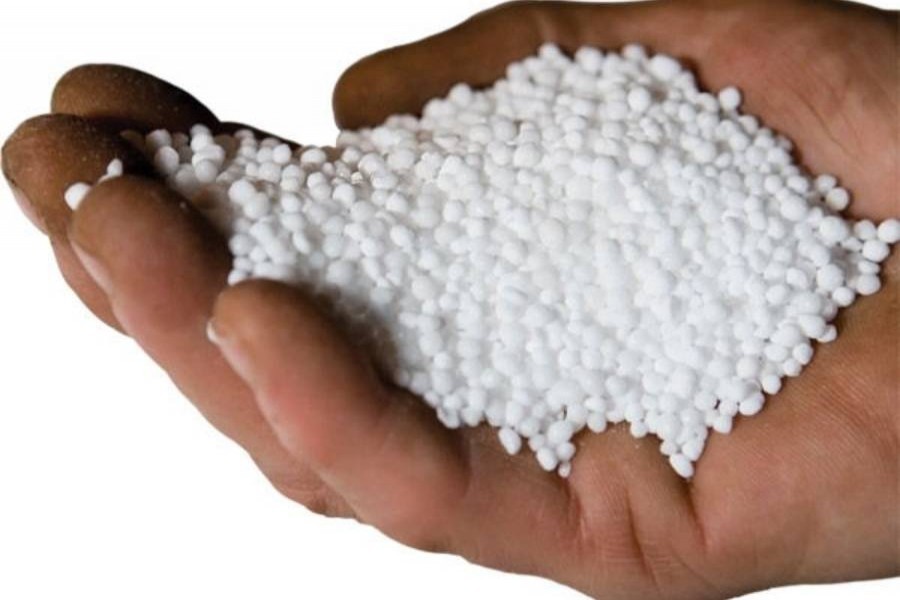The National Board of Revenue's (NBR) Customs Wing has given permission to re-export fertiliser to Nepal after importing it from China, under entrepot trade, imposing a condition of 10 per cent local value addition.
The Customs Wing (international trade and agreements), in a recent clarification, said the re-export will be completed as per the Bangladesh-Nepal Transit Agreement and Protocol.
The clarification has been issued after some 29,500 tonnes of fertiliser in bulk (open) form were imported from China through Chattogram and Mongla ports for exporting to Nepal under transit facility.
The fertiliser consignment was imported by Desh Trading Corporation, and brought through a ship - MV Eldoris - that arrived in the country on December 31, 2020. Of the bulk fertiliser, 12,300 tonnes will be unloaded in Chattogram Port, while 17,200 tonnes in Mongla port.
The fertiliser will be packed in the locally produced WPP+PP bag in Bangladesh, each bag containing 50 kg. The fertiliser will be packed in Nowapara and Khulna, and re-exported from Khulna to Nepal via India.
In the clarification, the NBR said Chattogram and Mongla custom houses will complete the entire import procedure, including bill of entry submission, custom assessment, and payment of duty taxes (if applicable) or bank guarantee.
There will be escort official from the custom houses concerned, who will accompany the product consignments up to Nowapara, Jessore, and monitor their internal diversion and other irregularities, if any.
Jessore customs zone will take over the item from the escort official, and supervise its local packing and loading to Nepal-bound wagons.
Importers will have to submit its bill of entry to Rohanpur land customs station in Rajshahi, and complete all export-related procedures.
Rohanpur customs will ensure that export value of the product is at least 10 per cent higher than that of import value before allowing its re-export to Nepal.
Importers, meanwhile, blamed complex port procedures to ensure smooth entrepot trade, also known as re-exportation.
They said the minimum ceiling of value addition is a barrier to being competitive with other countries.
Talking to the FE, Aminur Rashid Khan, Chief Executive Officer (CEO) of Desh Trading Corporation, said their imported fertiliser is now stuck in Mongla Port.
"Mongla Port said it will send the fertiliser for testing before release."
He opined that customs assessment for re-export should be completed as per Transit Declaration Invoice (Import) or TDI.
"We have been re-exporting fertiliser through entrepot trade since 1997, and done it last in 2018 through Mongla Custom House. But this time the process has become a complex one."
Mr Khan noted that the process of re-export is being delayed, as the customs officials concerned are in a dilemma over its process.
"The Nepal-bound fertiliser should be considered as transit goods at the time of customs assessment."
Already, the company has submitted an application to the NBR for such consideration.
"We will submit another plea to the NBR for relaxing the condition on 10 per cent minimum value addition."
The traders do not make high profit in re-export of fertiliser, as they have to quite competitive prices to win bidding, he added.


